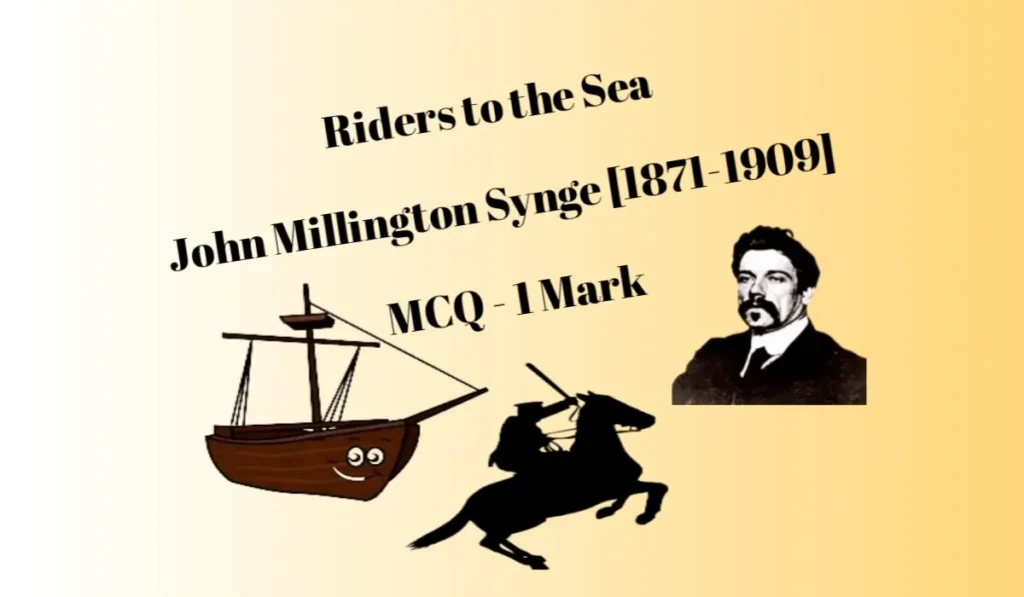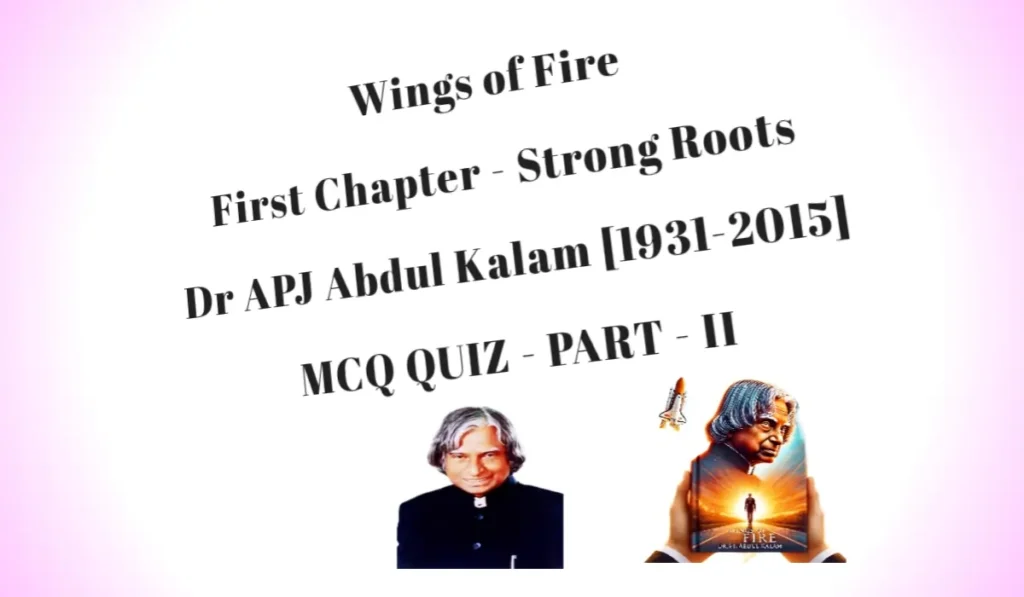Question — Essay-type
How far has Shakespeare unlocked his heart in the sonnets you have read?
Heaps of criticism and confusion have accumulated round the question: whether the sonnets of Shakespeare were mere conventional literary products or autobiography in poetry. Malone in his edition of the poems and sonnets of William Shakespeare says,“I am satisfied that these compositions had neither the poet himself nor any individual in view, but were merely the effusions of his fancy written upon various topics for the amusement of a private circle.” Shakespeare’s contemporary Mere spoke of his ‘Sugared Sonnet’ and likened Shakespeare with Ovid.
Wordsworth thought that in sonnets ‘Shakespeare expresses his own feelings in the own person’.”With these keys Shakespeare did unlock his heart.” Browning reported that,“Did he?” “If so the less Shakespeare was he.” A. C. Bradley with a different accent confirms the romantic views.
Modern criticism based more on selective scholasticism than on personal preference adopting a rational approach. The sonnets at the same time are neither conventional nor autobiographical. The sonnets were written between 1592 and 1598 when sonnet writing was a popular vogue.
But the sonnets of Shakespeare are closely connected with his personal life and feelings, present such a semblance of reality that their autobiographical intent can no longer be denied. In fact, many of the dramatic personas have been identified, many of the circumstances have been deciphered and over all personal tone has been recognized. Most of the sonnets concerned with the young Earl of Southampton to whom he dedicates his two poems– “Venus and Adonis” and “Lucrece”. The young Earl was eight years younger than Shakespeare, very handsome having a bit feminine facial beauty affectionate to the poet. Shakespeare was in intimate terms with him. The sonnets were written in praise of this Earl with mixed feelings of love, respect and beauty and with an eye to his and to the poet’s limited but enlightened friends who were well aware of the sonnet fashion of the time.
The sonnets were not meant for publication, but were circulated among that close circle to be enjoyed mutually. So these were intimate poems on intimate persons and were naturally dealing with many intimate and personal things.
1592 and 1593 were the plague years and the theatre houses were closed. Earning bread had become hard for Shakespeare. The sonnets, besides referring to the plague, show increasingly the signs of distress for these among other reasons. Apprehension, sense of insecurity, anxiety, resentment at his ill-chance, ill-life at the blow of fortune– all these are expressed again and again. The sonnets 29 and 30 show how the patron Earl was the only solace in these adversities of his life. He had to depend financially on his patron friend whom he was praising in all profusion in the sonnets. They were in this sense duty sonnets with grateful obligations. But Shakespeare’s genuine love and regard for the Earl, his genius and literary sensibility never allowed his humility to degenerate into obsequiousness gratitude into flattery. This is why when some rival poets like Chapman, took away the Earl’s affection from him. He bears no sense of grudge except the feeling of let being down by one whom he loves so deeply.
Shakespeare pictures feelings. Through direct descriptions and images he also presents a land essentially British, not Ovid. It is London, England and Stratford on Avon. Bare ruined choirs bring to the eyes of roofless cells of Monastic churches which stood out in rows to anyone travelling round England in the later part of the 16th century. The relics of monuments, castles, tombs, ravages of Time and Reformation characterize the British scenes.
In the sonnets 64 and 65, there are several references to some historical and psychological facts. Shakespeare must have confronted as he went about the country, the scars left behind by the Reformation and rapacity of philistines–‘the lofty towers down raised’, the splendid medieval brass ripped out to turn into cash.
Related Question
Are the Shakespearean sonnets mere literary exercises or are they autobiographical? Give reasons.








